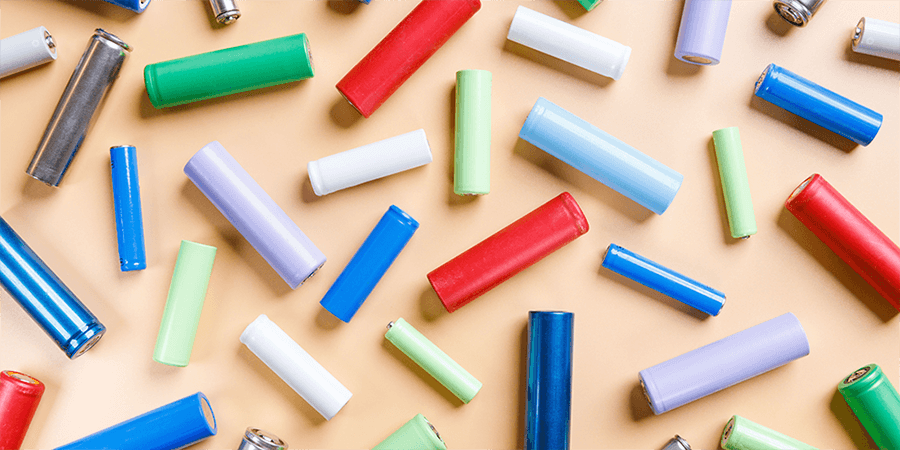What Is A Nickel Metal Hydride Battery?
Nickel Metal Hydride Battery Properties
A nickel metal hydride battery is a type of rechargeable battery, featuring higher capacities than nickel cadmium batteries. NiMH batteries can have two to three times the capacity of NiCd batteries of the same size.
Nickel Metal Hydride (NiMH) batteries are widely recognised for their versatility and efficiency in various applications, from consumer electronics to electric vehicles.
NiMH batteries consist of multiple NiMH cells, each containing a positive electrode made of nickel hydroxide and a negative electrode composed of a hydrogen-absorbing alloy.
These properties allow NiMH batteries to store and release energy efficiently. Examples of consumer products utilising NiMH batteries include digital cameras, toothbrushes, medical instruments, and some cell phones.
NiMH Battery Advantages
One of the key advantages of NiMH batteries is their relatively high energy density, though not as high as lithium ion batteries. This means they can store more energy per unit of weight or volume, making them suitable for devices that require longer runtime and compact size. They can store significant amounts of energy, making them suitable for use in electric vehicles, where energy storage capacity is crucial.
NiMH batteries are also more environmentally friendly than NiCd batteries, as they do not contain toxic cadmium. This makes them easier to recycle and dispose of safely, reducing the environmental impact of battery waste.
Are Nickel Metal Hydride Batteries Hazardous?
Nickel Metal Hydride (NiMH) batteries can be hazardous if not handled, used, or disposed of properly. While they are generally safer than some other types of batteries, like nickel cadmium or lead acid batteries, there are still several risks associated with them.
NiMH batteries contain heavy metals, such as nickel, which can be harmful to the environment and human health if they leak or are improperly disposed of. When NiMH batteries are disposed of in regular rubbish, they can end up in landfills, where the heavy metals can leach into the soil and groundwater. This contamination can harm wildlife and ecosystems and pose significant health risks to humans.
Improper handling and disposal of NiMH batteries can pose fire and explosion hazards. If NiMH batteries are punctured or exposed to heat, they can catch fire or explode, especially if they come into contact with other reactive materials, such as lithium ion batteries.
How To Dispose Of These Batteries Safely
At Collect and Recycle we specialise in recycling nickel metal hydride batteries and various other types for businesses nationwide. Our team also provides containers and bins to store batteries safely, whilst offering collection services. The batteries will be transported to licensed recycling facilities by our ADR-verified drivers, ensuring full compliance and safety.


